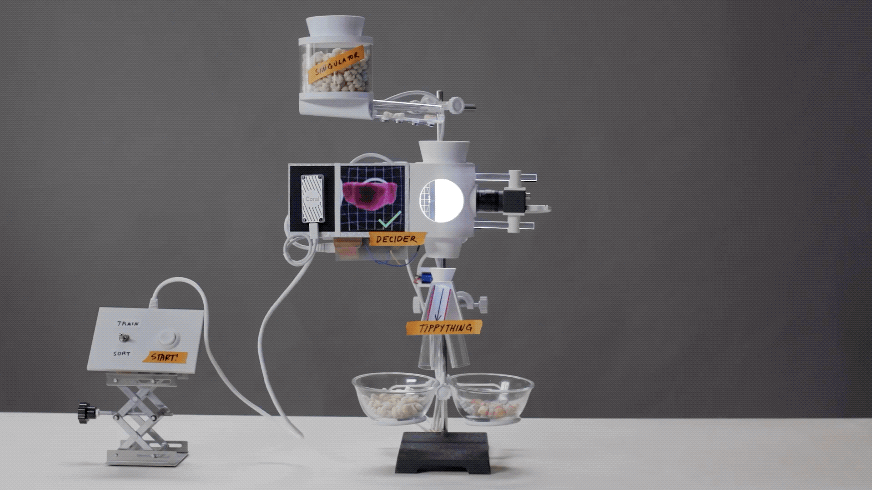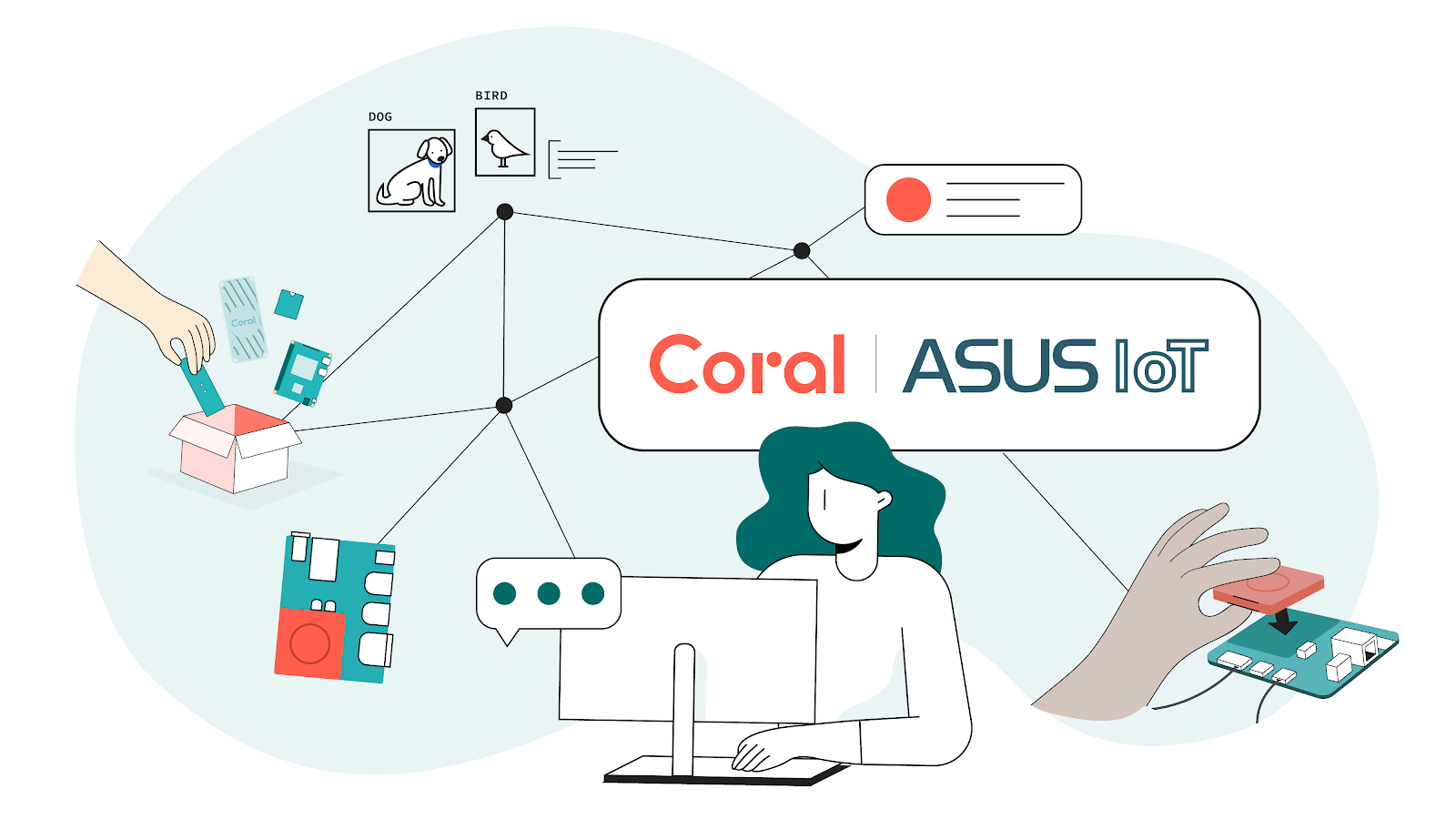
We launched Coral in 2019 with a mission to make edge AI powerful, private, and efficient, and also accessible to a wide variety of customers with affordable tools that reliably go from prototype to production. In these first few years, we’ve seen a strong growth in demand for our products across industries and geographies, and with that, a growing need for worldwide availability and support.
That’s why we're pleased to announce that we have signed an agreement with ASUS IoT, to help scale our manufacturing, distribution and support. With decades of experience in electronics manufacturing at a global scale, ASUS IoT will provide Coral with the resources to meet our growth demands while we continue to develop new products for edge computing.
ASUS IoT is a sub-brand of ASUS dedicated to the creation of solutions in the fields of AI and the internet of things (IoT). Their mission is to become a trusted provider of embedded systems and the wider AI and IoT ecosystem. ASUS IoT strives to deliver best-in-class products and services across diverse vertical markets, and to partner with customers in the development of fully-integrated and rapid-to-market applications that drive efficiency – providing convenient, efficient, and secure living and working environments for people everywhere.
ASUS IoT already has a long-standing history of collaboration with Coral, being the first partner to release a product using the Coral SoM when they launched the Tinker Edge T development board. ASUS IoT has also integrated Coral accelerators into their enterprise class intelligent edge computers and was the first to release a multi Edge TPU device with the award winning AI Accelerator PCIe Card. Because we have this history of collaboration, we know they share our strong commitment to new innovation in edge computing.
ASUS IoT also has an established manufacturing and distribution processes, and a strong reputation in enterprise-level sales and support. So we're excited to work with them to enable scale and long-term availability for Coral products.
With this agreement, the Coral brand and user experience will not change, as Google will maintain ownership of the brand and product portfolio. The Coral team will continue to work with our customers on partnership initiatives and case studies through our Coral Partnership Program. Those interested in joining our partner ecosystem can visit our website to learn more and apply.
Coral.ai will remain the home for all product information and documentation, and in the coming months ASUS IoT will become the primary channel for sales, distribution and support. With this partnership, our customers will gain access to dedicated teams for sales and technical support managed by ASUS IoT.
ASUS IoT will be working to expand the distribution network to make Coral available in more countries. Distributors interested in carrying Coral products will be able to contact ASUS IoT for consideration.
We continue to be impressed by the innovative ways in which our customers use Coral to explore new AI-driven solutions. And now with ASUS IoT bringing expanded sales, support and resources for long-term availability, our Coral team will continue to focus on building the next generation of privacy-preserving features and tools for neural computing at the edge.
We look forward to the continued growth of the Coral platform as it flourishes and we are excited to have ASUS IoT join us on our journey.


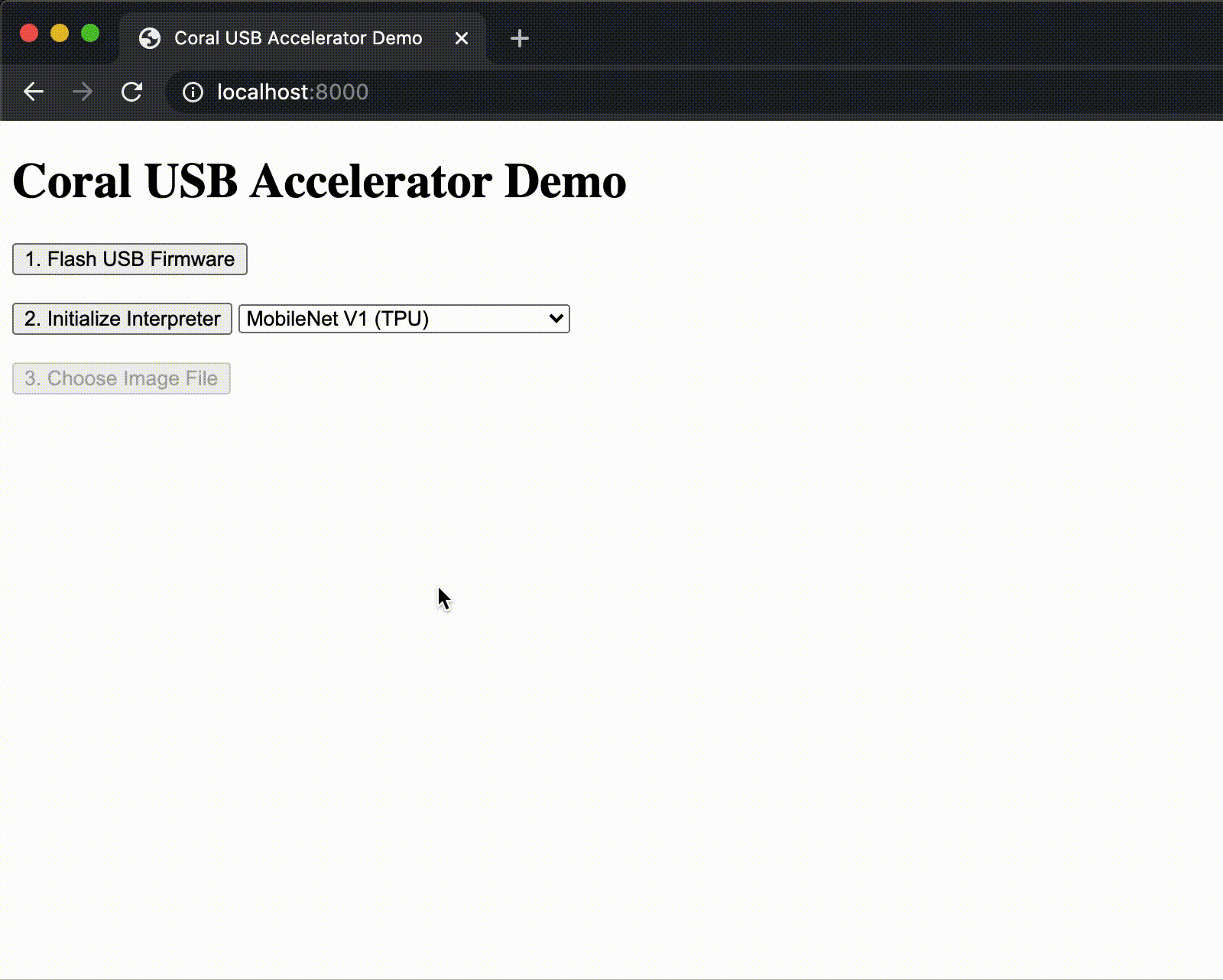
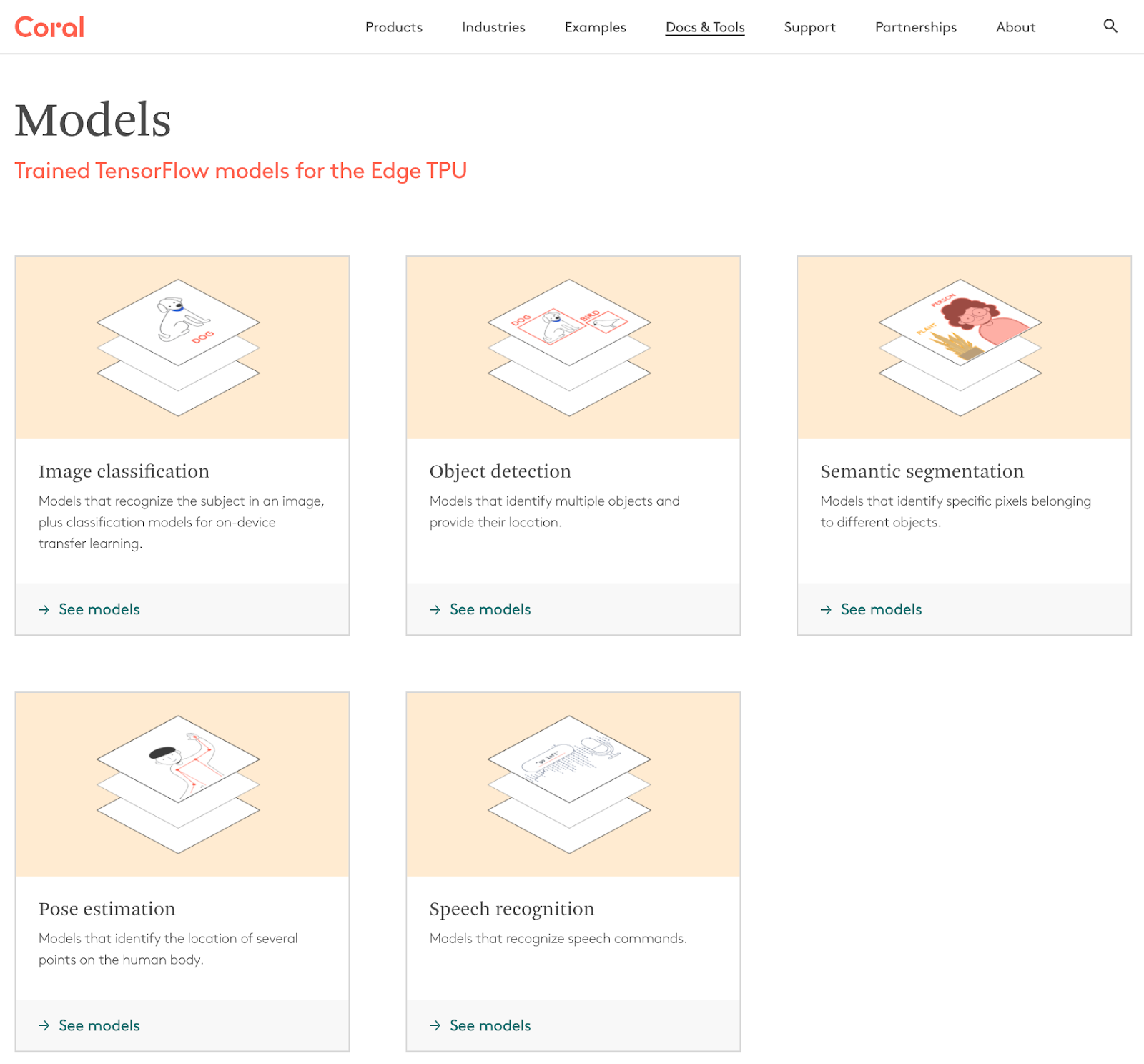
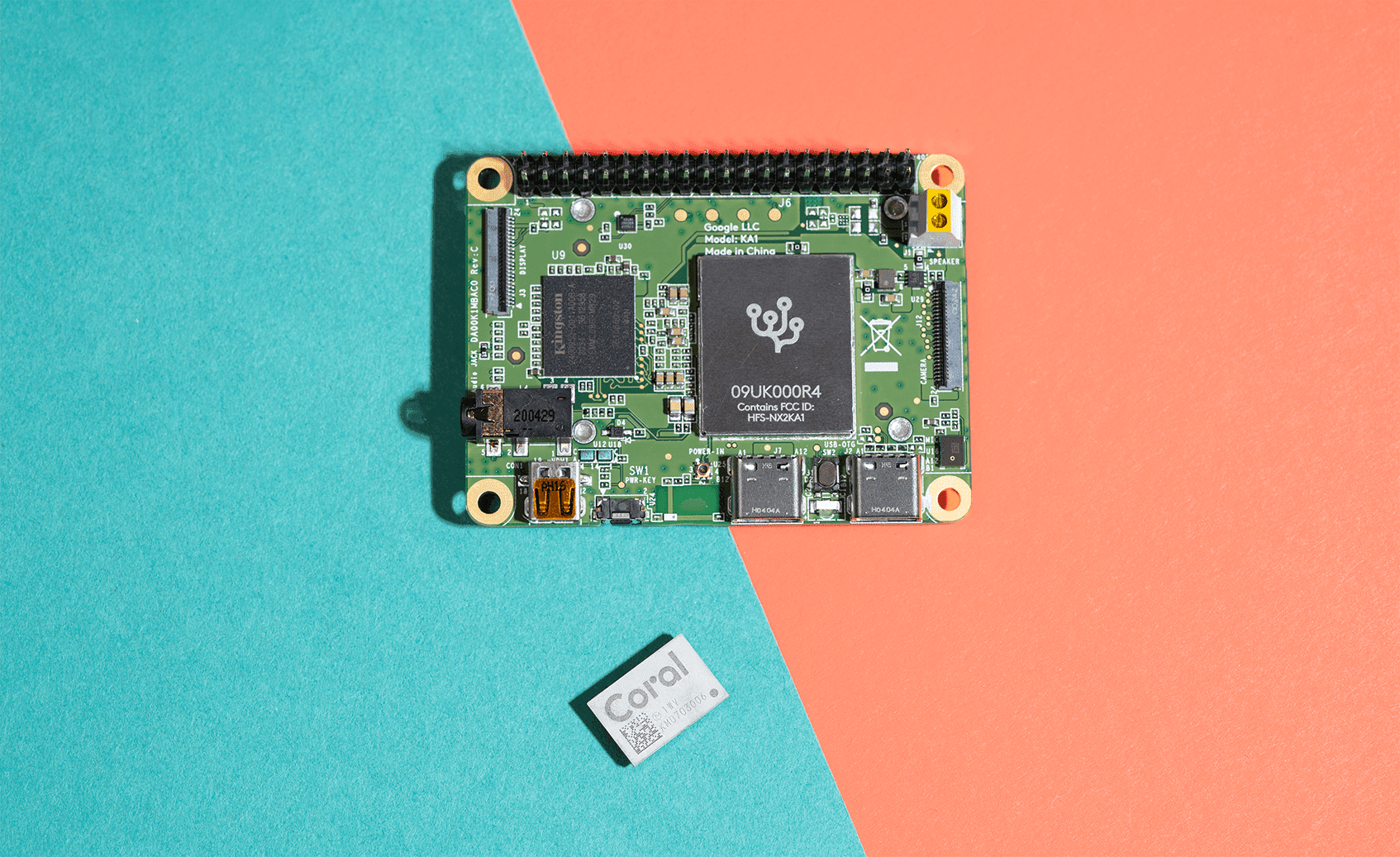
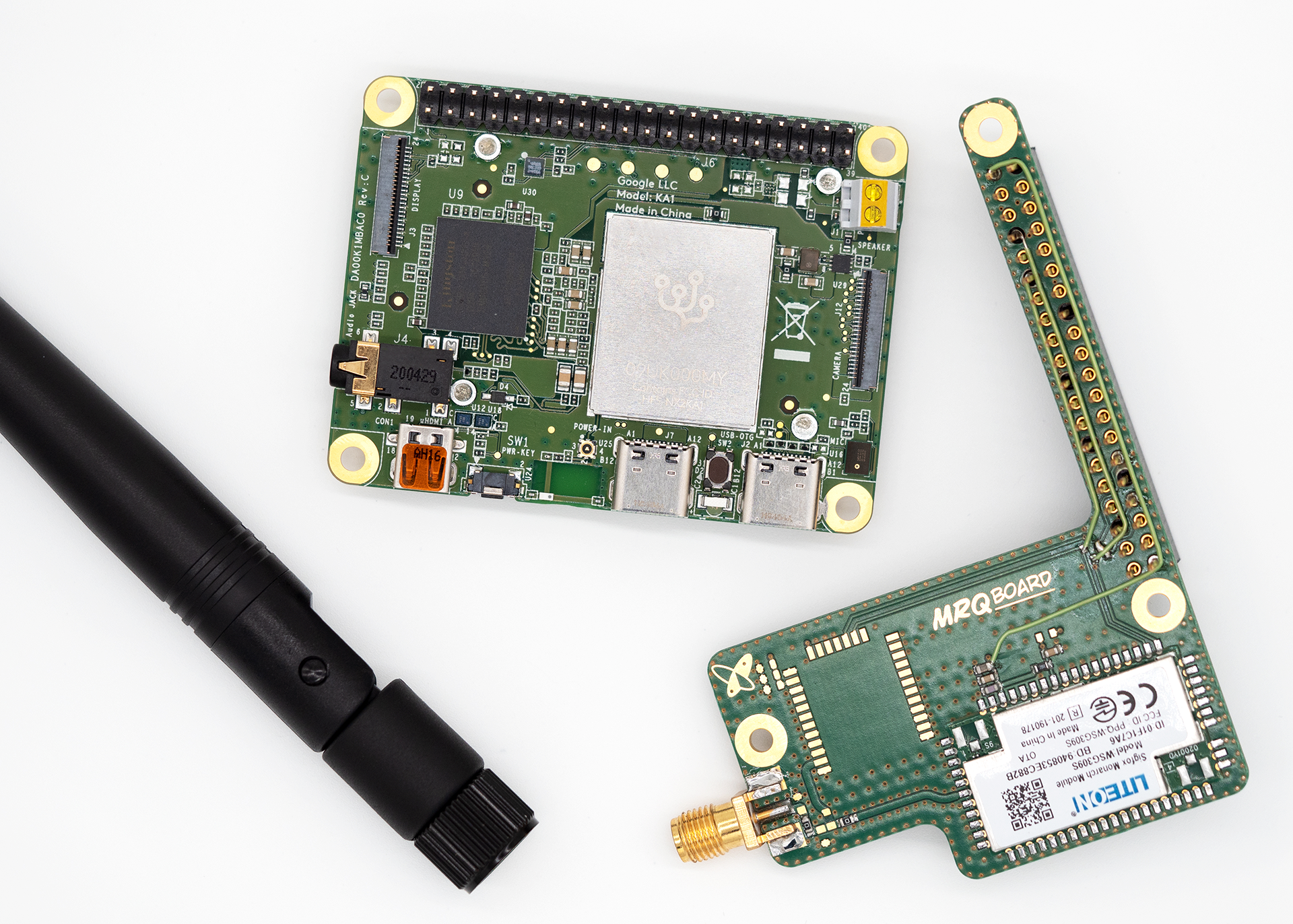


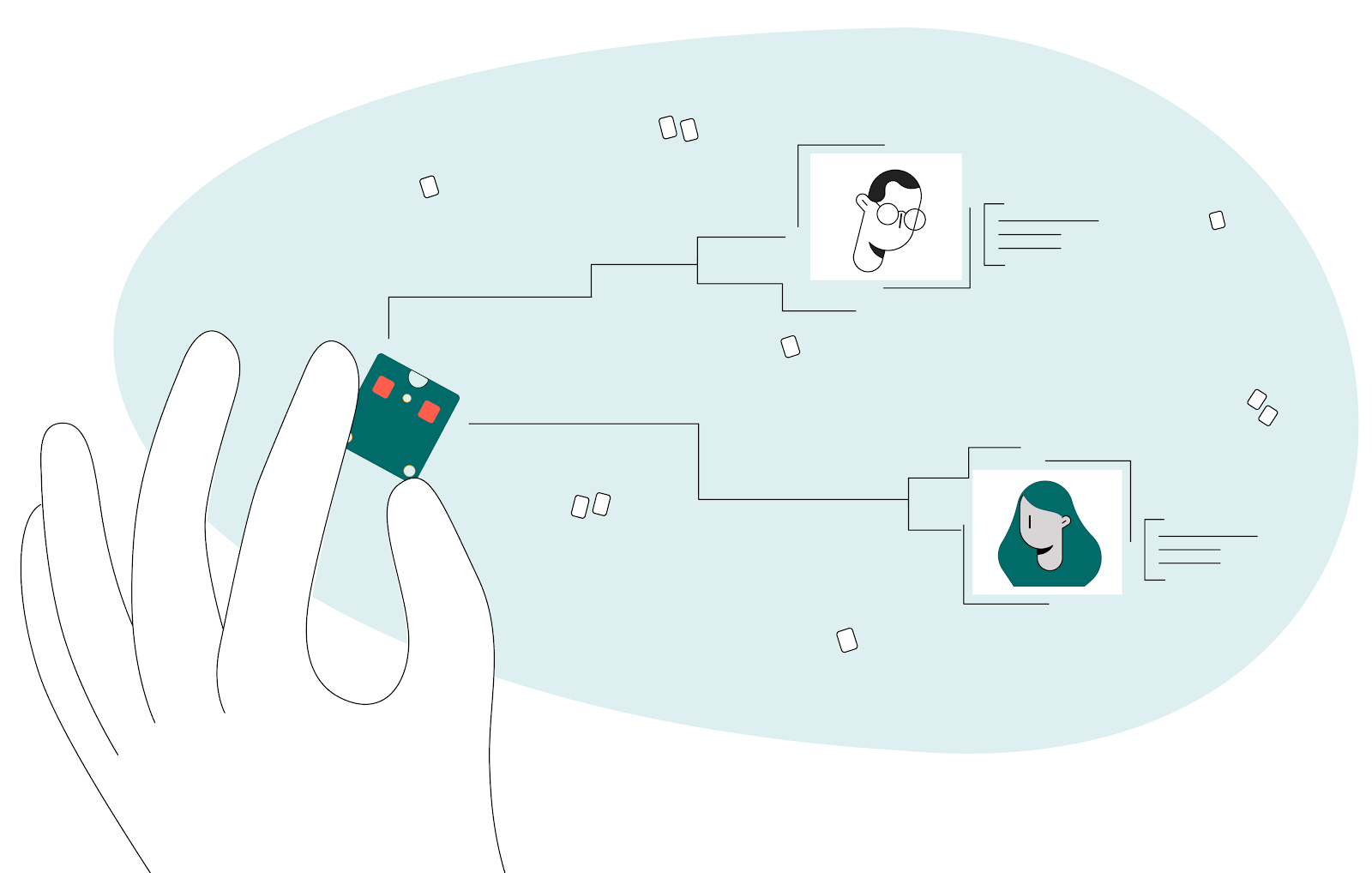
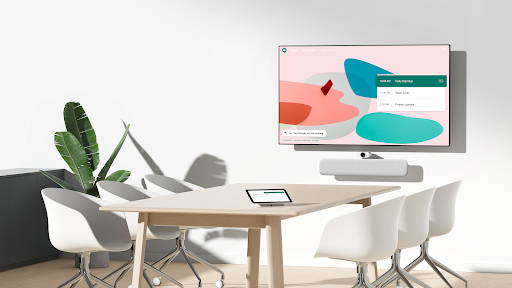
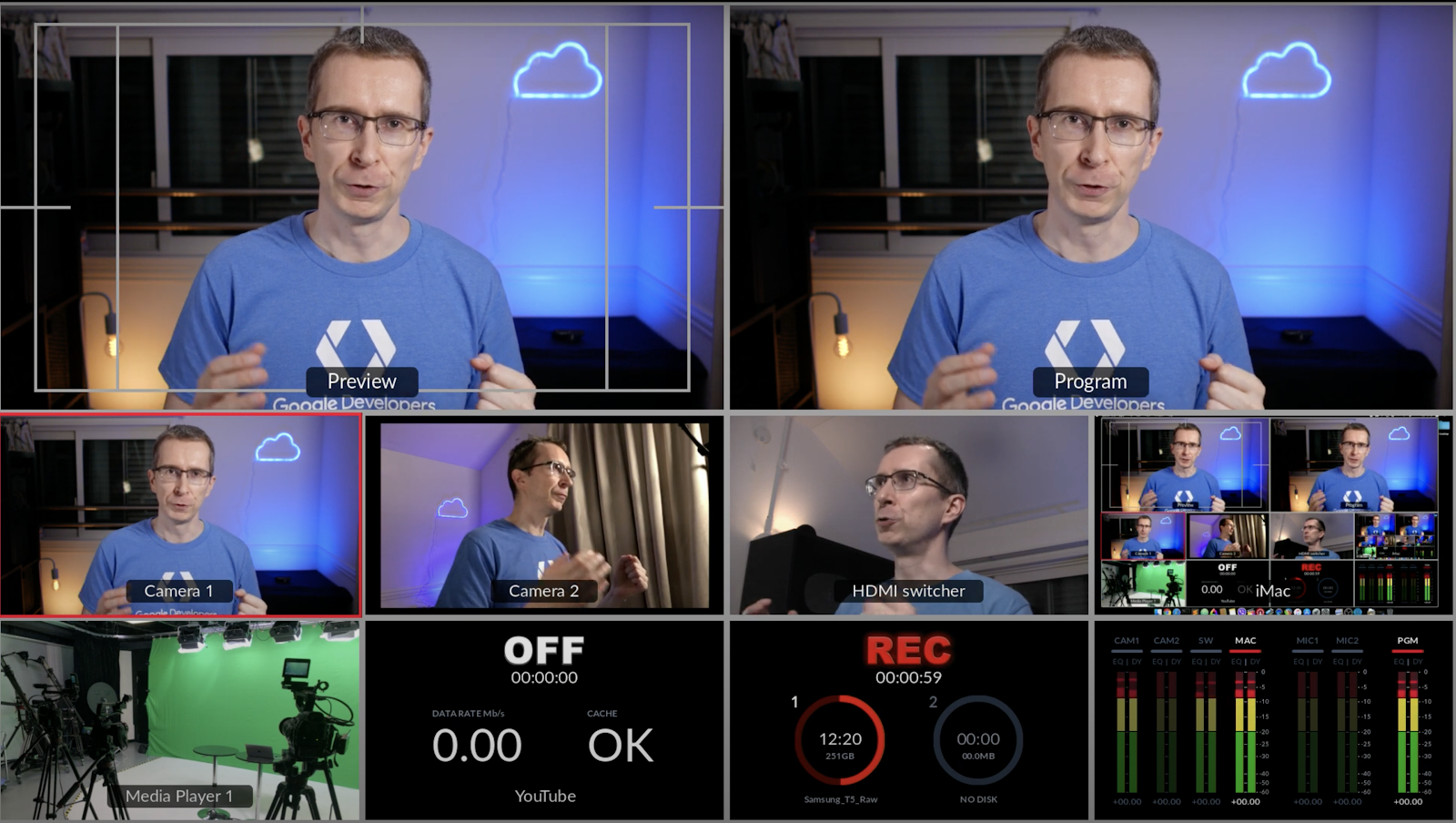



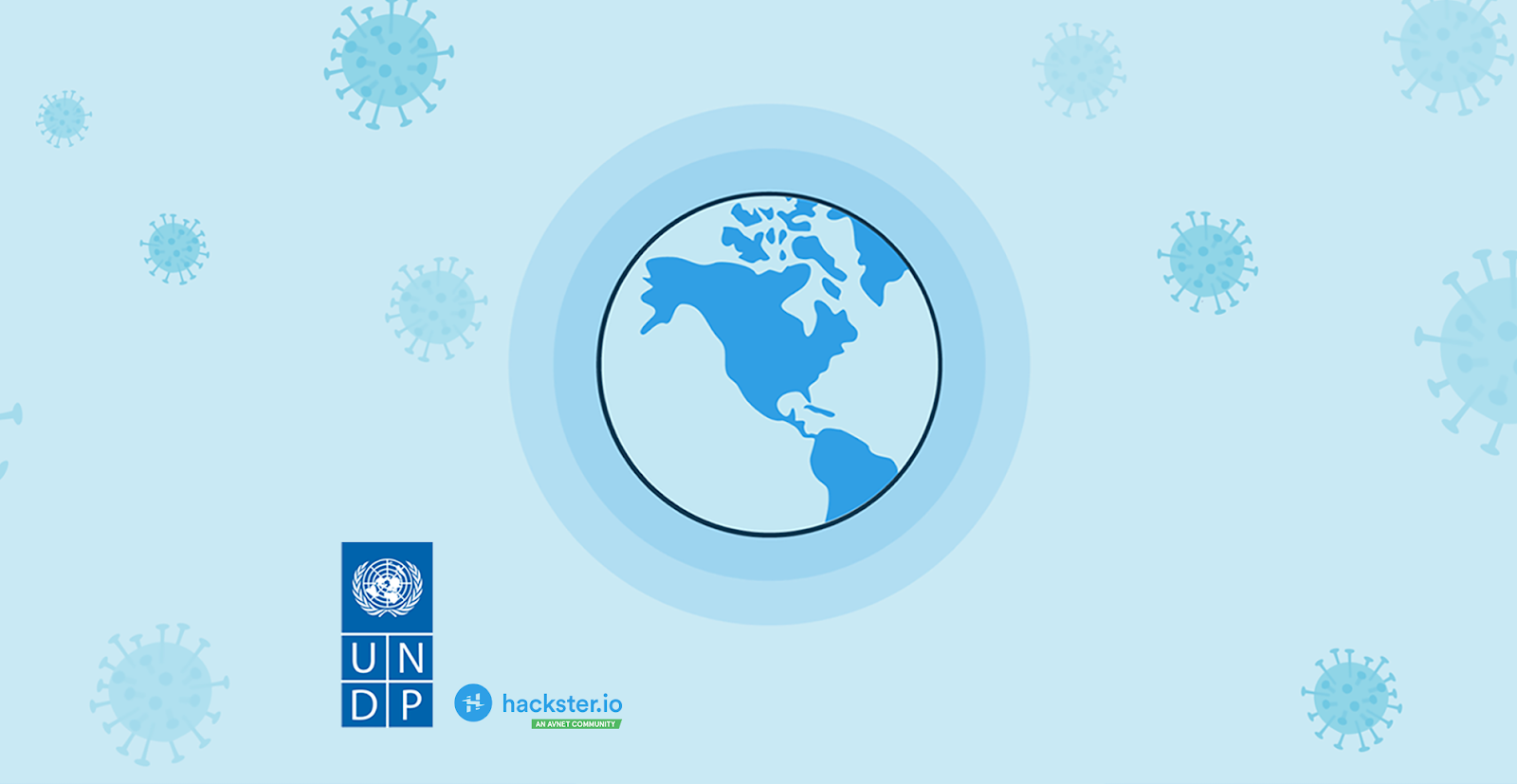

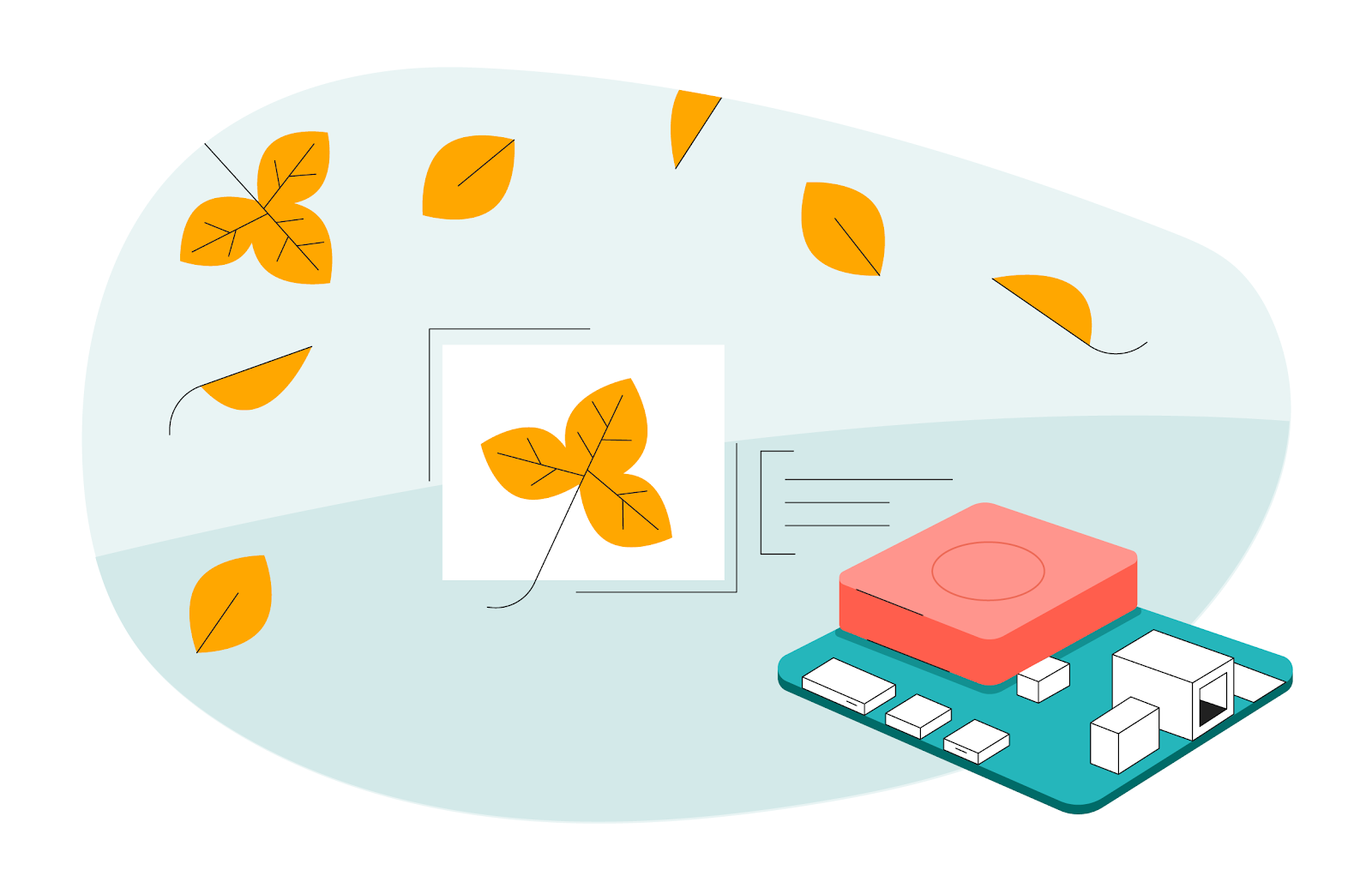 Posted by
Posted by 